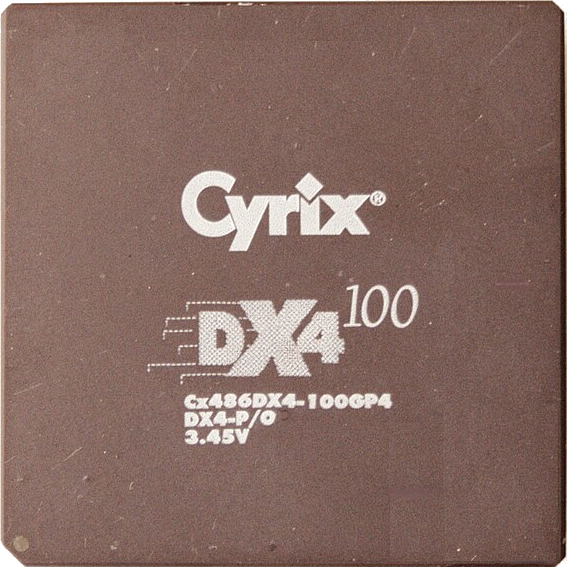Perhaps a Raspberry Pi 500 (or the older Raspberry Pi 400), can do all the things an ordinary Raspberry Pi can, but comes as a complete device with built-in keyboard. Runs Linux and is rather easy to use.
- 0 Posts
- 9 Comments
When hosting this locally, I don’t see how 200 GB is much of an issue. Storage is so cheap these days, if you want to host it locally, just buy a 256 GB SSD just for that data for $20. Anyway, you were asking for a mirror, to which I replied with the information about the ZIM files. I don’t really understand the issue. Stackoverflow just isn’t that small, there is not much you can do about that.
I think it’d take a few hours to setup even a smaller copy of SO, which isn’t ideal for answering a quick question.
The download? Maybe, depends on your Internet connection’s speed. Actually serving it as a website certainly doesn’t take hours. It is rather a matter of seconds.
Of course they aren’t small, but they are probably as small as it gets, since they are pretty efficiently compressed. I am not sure what you mean by
it’s not a straightforward operation for even the average developer or systems engineer to restore these into a working format
since it is really trivial to use them. Just load them with Kiwix and serve them as a website. It doesn’t get much easier than that.
You can download pretty much all of stackoverflow as ZIM files for self-hosting.

 22·1 year ago
22·1 year agoMissed opportunity there, not being able to select all the other available USB-PD voltages. Not every circuit runs on 3.3 or 5 V.

 1·1 year ago
1·1 year agoProprietary is a strong word IMO. Here’s the repo, it’s not FOSS, but it is source available.
Yeah, that’s what I meant by “proprietary”. I guess having the source to look at is better than nothing, but it still leaves me uneasy. Their license lets them do anything they want (ignoring that - as it stands - their license is void due to the linkage with GPLv3 code, but they said they want to fix that). I have no idea what their plan is. I don’t think it is in their best interest to go the route they appear to be going. Having truly open source clients seems to be a selling point for quite a few customers. But what do I know…

 1·1 year ago
1·1 year agoI really hope that this is actually the case, but I am not very optimistic. This doesn’t seem to be a mistake. They intentionally move functionality of their clients to their proprietary SDK library. The Bitwarden person stated this in the Github issue and you can also check the commit history. Making that library a build-time dependency might actually have been a mistake. That does not change the fact, that the clients are no longer useful without that proprietary library going forward. Core functionality has been move to that lib. I really don’t care if they talk to that library via some protocol or have it linked at build time. I wouldn’t consider this open source, even if that client wrapper that talks to that library technically is still licensed under GPLv3.

That also depends on the settings and resolution you plan on playing with. The higher the visual settings and resolution, the more demand is on the GPU. So when you plan to play on very high visual settings at a high resolution, a higher end GPU might make sense even with an older CPU.